
By Wisdom JONNY-NUEKPE
The 10-member national airline taskforce is working assiduously to realise the country’s vision of once again flying its own carrier to reinforce Ghana’s position as a regional aviation hub, Transport Minister Joseph Bukari Nikpe has said.
The minister, speaking to B&FT at the maiden Transport and Logistics Fair in Accra, said the taskforce is working earnestly to ensure the vision soon materialises.
According to him, the group is developing a comprehensive and sustainable business model with key management policy to ensure the new airline’s success when in operation.
The new airline, the minister explained, will create a competitive and sustainable carrier that reflects national ambition, self-reliance and a strong economic and logistical presence – not only on the continent but globally.
In May this year, a 10-member task force established by President John Mahama to oversee the creation of a new national airline for Ghana was inaugurated by the minister.
The group, among other key responsibilities, is to navigate the complex process of establishing a sustainable and competitive national airline plan for the country.
“We have facilities at our national airport that other airlines are leveraging. As Ghanaians, it is essential that we also benefit from the investments we have made over the years,” the minister remarked.
He further underscored the importance of participating actively in the aviation sector, noting: “We are the gateway to Africa and we must take advantage of this strategic position to build a robust national carrier”.
Mr. Nikpe outlined government’s vision to transform Ghana into a transportation hub, not only in aviation but also in maritime and road transport: “Our aim is to connect people within the sub-region and the world”.
With the idea of a national airline gaining renewed momentum under this government, experts have said focus must not only be on connectivity but also job creation, technology transfer and economic diversification.
Indeed, the absence of a reliable national carrier after the once-vibrant Ghana Airways’ collapse has limited the country’s ability to maximise its full potential in regional and global aviation.
Ghana Airways collapsed in 2004-2005 due to a combination of factors including over US$200million debt, political interference, mismanagement, operational inefficiencies and safety concerns that led to a ban on flights to the United States.
The then-government was unwilling to provide more funding, leading to its final liquidation in June 2005.
Following its collapse, another national airline – Ghana International Airlines – was established in 2005 but also ceased operations in 2010.
The post National airline taskforce’s work on course – Transport minister appeared first on The Business & Financial Times.
Read Full Story

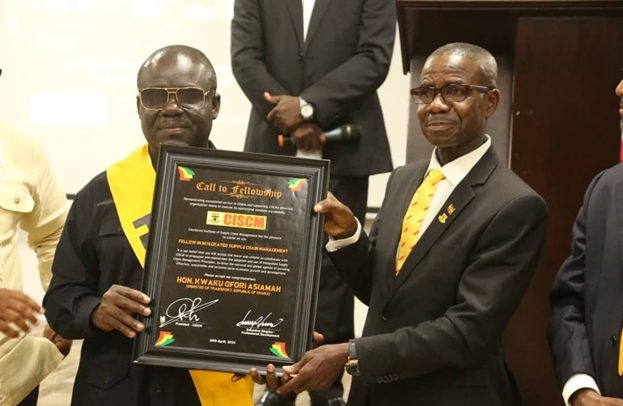
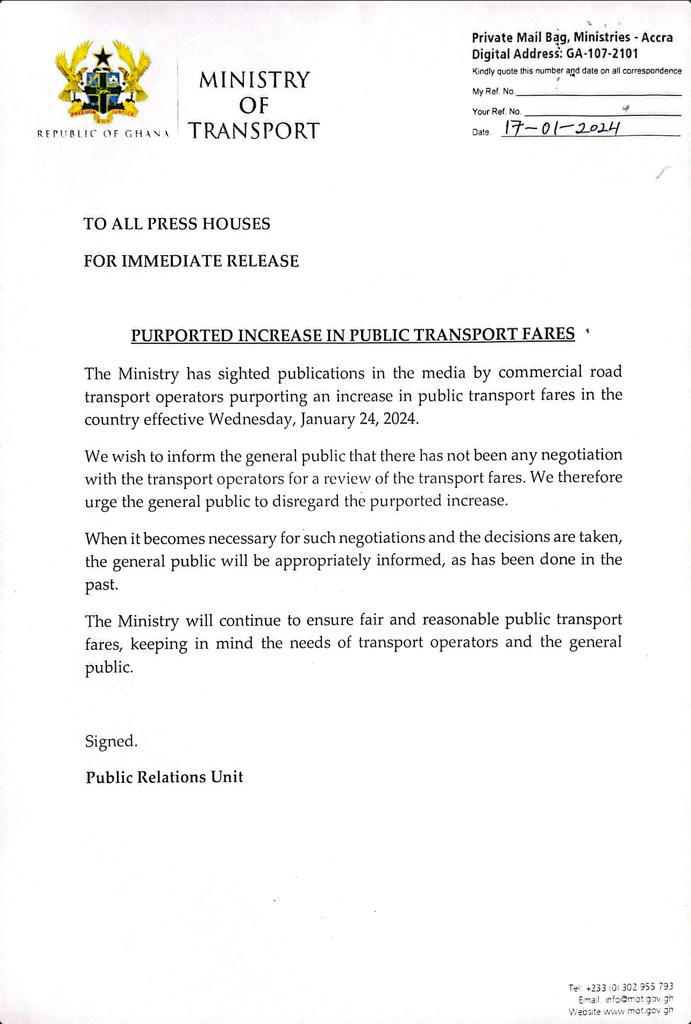
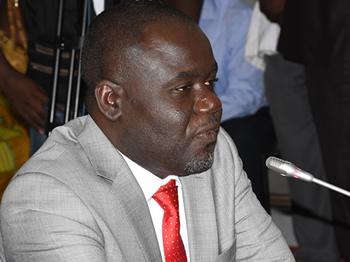
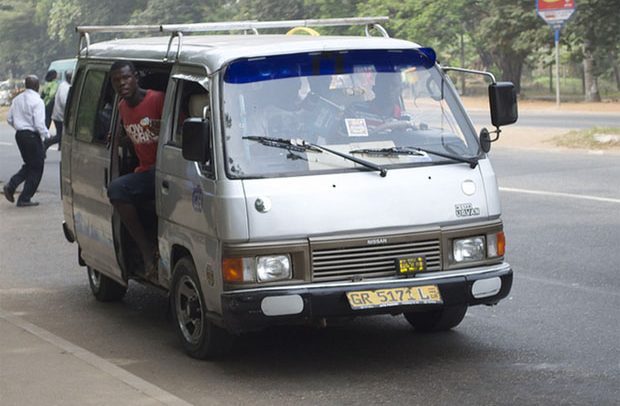




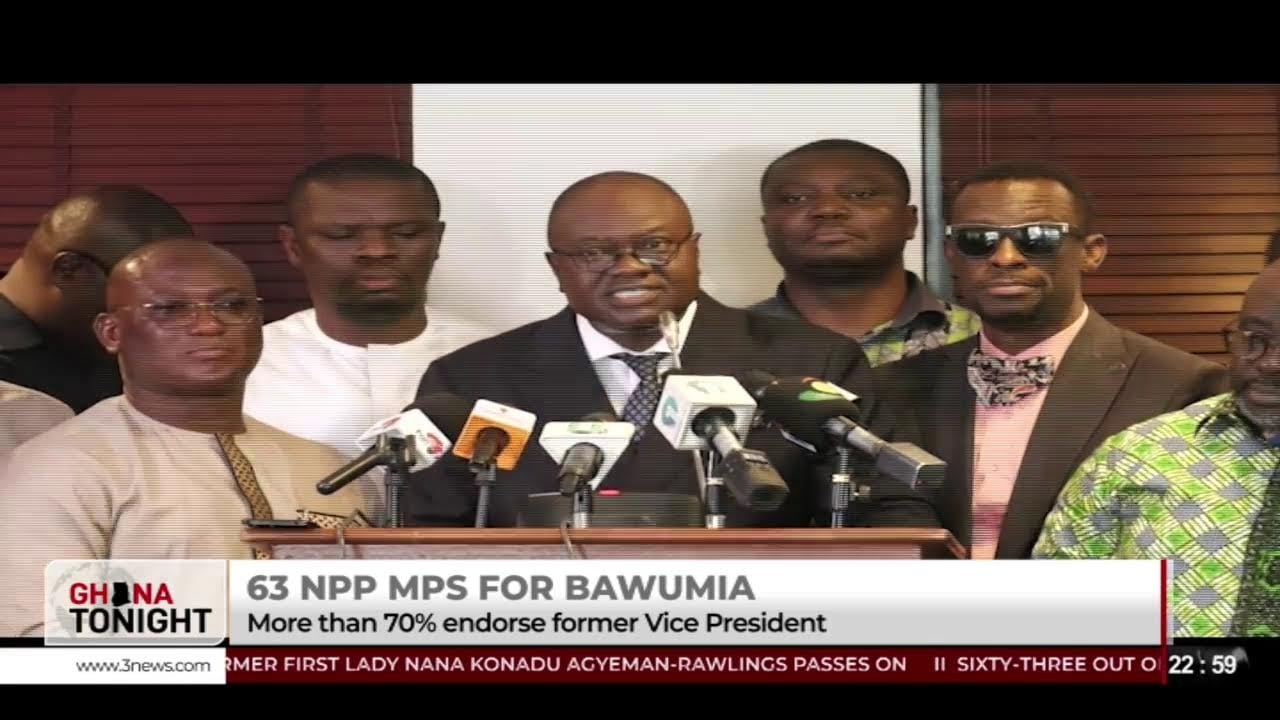







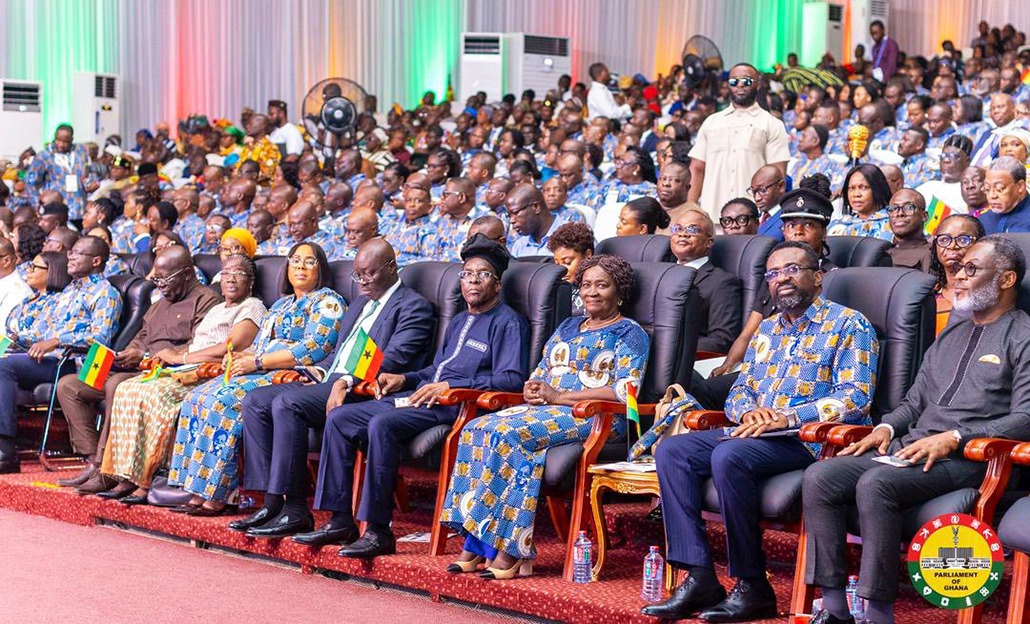

Facebook
Twitter
Pinterest
Instagram
Google+
YouTube
LinkedIn
RSS